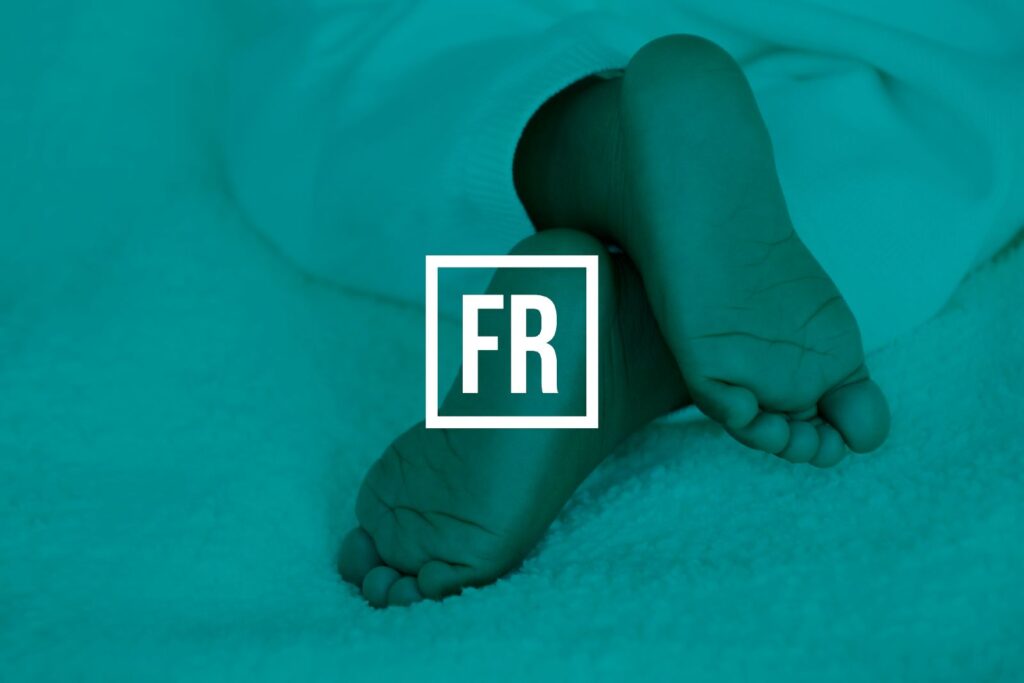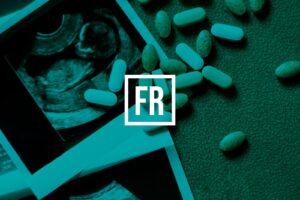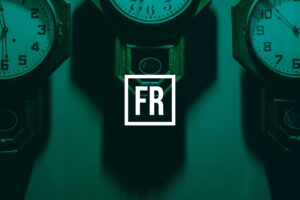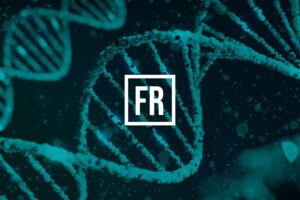Thinking of taking the egg and/or sperm donor route? Here’s what you should be considering as part of your decision…
There are many matters to consider when considering if donor conception is right for you; those considerations aren’t though just about you. If you’re in a relationship there is your partner, your wider family, especially any children you already have, your friends, also religion and personal ethical dilemmas and of course there is also the donor and the donor’s family, including their own children. But often parents do not think about them until much later.
As an independent fertility counsellor who has over 20 years’ experience in the field of fertility and donor conception, I’d like to suggest things that can be useful to know more about if you are considering embracing donor conception as part of your own pathway to parenthood.
It is OK not to feel 100% happy about donor conception
It is common to have a belief that you must be 100% comfortable with the implications of donor conception ahead of treatment. Acknowledging that so much is unknown, around treatment, around how we will manage parenthood and how any child conceived will cope with how they feel about being donor conceived, it becomes more important to understand how the lack of our ability to see into the future promotes a sense of uncertainty.
It is OK for your child in the future to be angry, sad, frustrated, relieved, happy and curious about your pathway to parenthood; your own explorations in to whether treatment is right for you, gives empathy for their journey to understanding what donor conception means to them and how you can support them with that.
Knowing support is available can help to promote a feeling of having emotional scaffolding in place, there to help if things feel wobbly at any time. The Donor Conception Network is a national charity supporting anyone at any stage of the donor conception journey, you may know one or two people to speak to, but don’t underestimate the impact of attending a workshop, group or conference.
“The donor conception network meeting we attended was life changing, that may sound extreme, but as a man with Azoospermia donor conception was our only hope of being able to grow our family in our home. You might think it was speaking with other men that made the biggest difference, that was helpful, but just seeing families getting on with being families was the most useful aspect. Hearing from older children and young adults turned out to be even more useful, but I didn’t realise that until years later!“
Peter, Dad through donor conception
Not everyone can be a donor
Erica Forster from the Donor Bank at Whittington Fertility shared that only around 5% of the men who apply to donate are accepted. The Human Fertilisation and Embryology Authority who regulate treatment have strict guidance on donor recruitment, assessment and screening (updated in October 2021). This includes a ten-family limit within the UK for any donor, whether they are recruited in the UK or gametes are imported.
When you are considering donor selection you may have a sense of the journey for donors being quite simple, from an egg donor getting in touch it might take around four months to reach the point of the eggs being collected, with sperm donors it can often take over a year, as after donating for 4-6 months on a regular basis, the sperm then needs to be quarantined for six months and screening tests repeated.
In addition to the medical tests, your donor will routinely have attended counselling to help them to think about what might come up in the future and to ensure they are comfortable with progressing. It is not a test to pass, rather a safe space to explore the legal, social and ethical implications around donating. You can check with your clinic or bank that the donor you are interested in has attended counselling.
“The website was really clear about what was expected practically, although it wasn’t until I spoke to the counsellor that I realized how many people I need to think about and how much of an impact it can have on my own family. It really helped to think beyond now and knowing research had been done around donors, in addition to donor conceived families, made me feel donors in general were important too.”
Anna, Egg donor
Petra Nordqvist leads the ‘Being an egg or sperm donor’ project team at the University of Manchester, their research has affirmed the need for counsellors to ensure support for donors in talking to their own families around their donation. It isn’t just recipient families who are encouraged to be open with children from a young age about donor conception.
If exploring donation in more detail means people decide not to go ahead with donating eggs, sperm or embryos, even if their screening tests come back with no issue, that is seen as a huge positive. Parents can be reassured that their donor understands what they are doing, for themselves and for any child conceived.
The donor wants to be a donor
Donors donate for many reasons, but they are not expecting to be involved in a child’s life.
“I was asked if I’d be a known donor, but it felt a bit too complicated as I’d have wanted to be involved, possibly as a dad. Donating via a bank meant I could help people and be a dad to my own children in the future. I feel proud to have been able to help and hope my own children will feel proud of me too.”
Harry, Sperm Donor
Many of the clinics I work with provide egg-sharing and altruistic egg donation as a way for women to help women, there is often an empathic reaction from women to help other women, an assumption is often made that recipients will be in heterosexual relationships, though the potential donors are just as keen to help when they know that single people, including men, and male couples too, can also access egg donation treatment with surrogacy.
Donors donating into clinics have to be comfortable with the regulatory framework which means they have no rights regards any child conceived as a result of their donation. Academics often refer to donors as biological parents and to parents through donation as social parents, but donors themselves acknowledge their role as a donor andhope that is how donor conception is portrayed by parents.
Donors also recognize that a donor conceived person may be curious as an adult, as they too may be themselves and are comfortable at the time of donation with their identity being available to offspring from the age of 18. But there is no obligation for a donor to agree to meet, speak to or to provide updated information to any offspring in the future, hence never wanting prospective parents to collude with a fantasy that a pen sketch or donor information document is factual in the future, rather a snapshot of the donor at the time they donated.
The UK ethos of openness around donor conception is how donor conceived people think it should be. The 2020 We Are Donor Conceived Survey results included key findings that early discovery of donor conception reduces trauma but not curiosity. A donor conceived adult may or may not be curious about their donor/s and/or biological half siblings. Some do want to form relationships, others just to reach out and ask specific questions or to see if they get on and have any similarities, or indeed don’t.
Counselling is routine ahead of donor conception in the UK
For recipients and donors too, it can feel frustrating to have to attend counselling in order to progress with your plans, more so if you’ve taken time to decide that donor conception is right for you, for both of you if you are in a relationship.
Implications counselling is provided to help to provide a safe space to explore your past, present and future too, with many clinics providing this service free of charge. You can also find an independent specialist fertility counsellor via the British Infertility Counselling Association (BICA find a counsellor) this can be so useful to promote support for you outside of the clinic throughout and beyond your fertility journey.
In the first in this series in donor conception I have tried to introduce the importance of thinking beyond you, in doing so I hope you understand better that it is really is OK to feel momentarily overwhelmed; clinics often promote donor conception as a more successful, simplistic solution to infertility, but there is a lot that matters.
Next time we will look at Egg Donation and the stages involved both for the recipient and the donor.
You are welcome to contact Tracey directly via her website www.fertilitycounselling.co.uk






